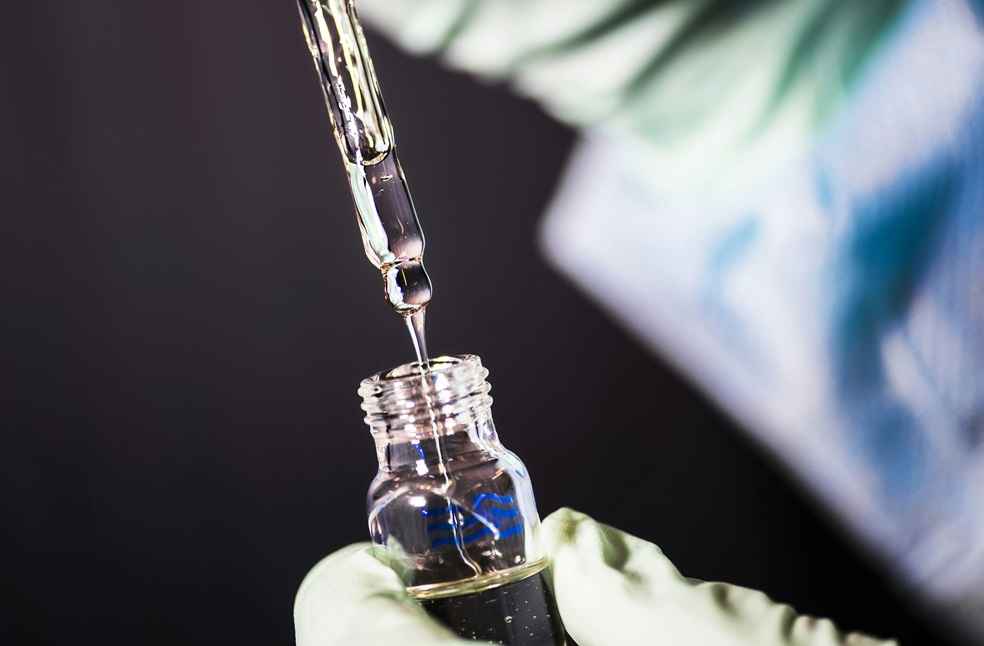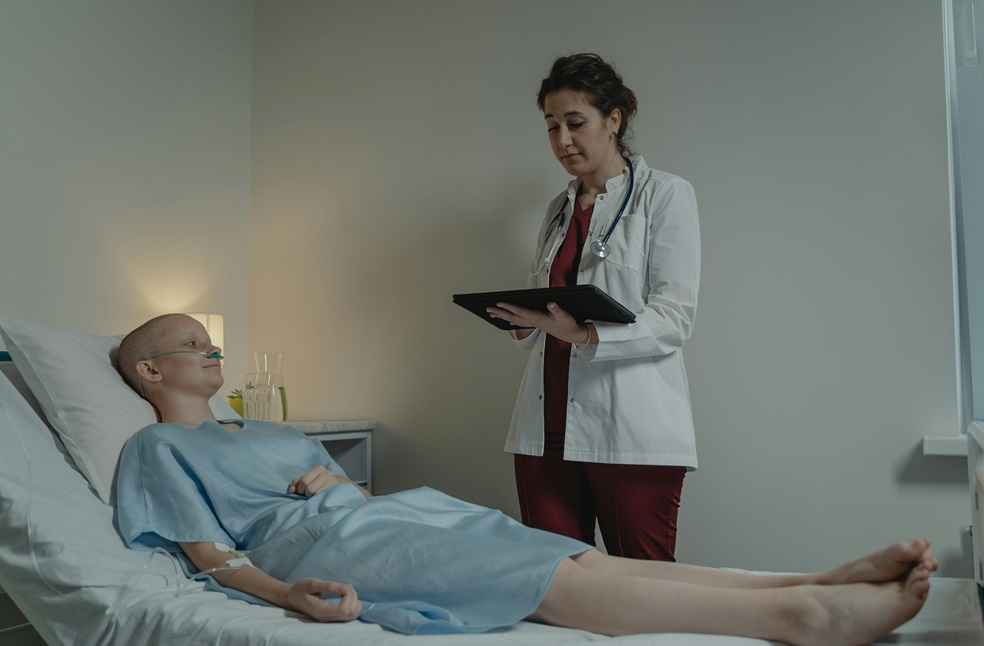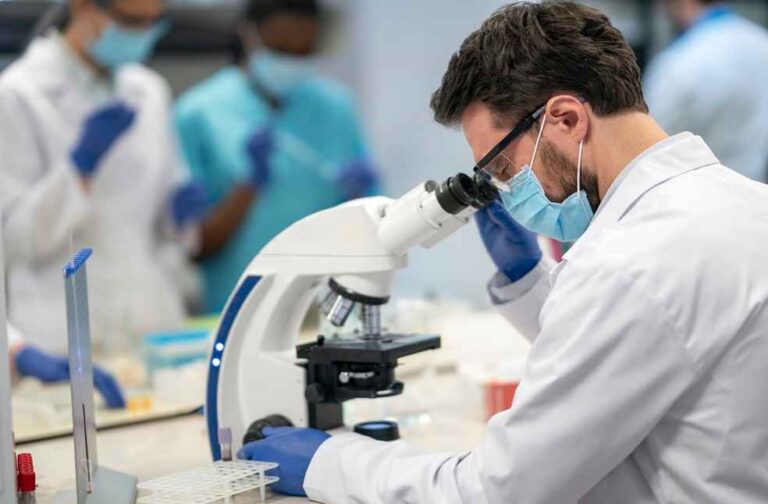London: Doctors have started testing a personalised mRNA cancer vaccine, the first of its kind in the world, on hundreds of patients suffering from melanoma. Specialists praised its possibility of healing cancer forever as ‘game-changing.’
Melanoma is the deadliest form of skin cancer, impacting about 132,000 people worldwide every year. While surgery is presently the preliminary treatment for melanoma, radiotherapy, medicines, and chemotherapy are also occasionally used.
Medical professionals are currently experimenting with new vaccines that are specifically tailored to each patient and directed to train their immune system to target cancer cells, thus averting the infection from recurring. In a phase 2 trial, these custom-built vaccines demonstrated a significant reduction in cancer recurrence threat in melanoma patients. A final phase 3 test is now underway, directed by University College London Hospitals NHS Foundation Trust (UCLH).

Dr Heather Shaw, who is the national coordinating researcher for the test, stated that the vaccines being tested carry the prospect of healing people with melanoma and are also being tried for further cancers such as lung, bladder, and kidney.
“This is one of the most exciting things we’ve seen in a really long time. This is a really finely honed tool. To be able to sit there and say to your patients that you’re offering them something that’s effectively like the Fat Duck at Bray versus McDonald’s – it’s that level of cordon bleu that’s coming to them. The patients are really excited about them,” Shaw said.
This vaccine is called mRNA-4157 (V940) and it is a personalised neoantigen treatment. Its goal is to trigger the immune system to combat the patient’s specific type of cancer and tumour. This vaccine aims to tumour neoantigens, which are markers defined by tumours in an individual patient that can potentially be identified by the immune system.

Up to 34 neoantigens are encoded in the jab and activate an immune response against the tumour based on the specific mutations in the cancer. During a patient’s surgery, a sample of their tumour is extracted for DNA sequencing and the use of artificial intelligence (AI). This method permits the invention of a personalised anti-cancer vaccine that is precise to the patient’s tumour.
Shaw remarked that, “This is very much an individualised therapy and it’s far cleverer in some senses than a vaccine. It is absolutely custom-built for the patient – you couldn’t give this to the next patient in the line because you wouldn’t expect it to work. They may have some shared new antigens, but they’re likely to have their own very individual new antigens that are important to their tumour and so, therefore, it is truly personalised. The ultimate aim is to permanently cure patients of their cancer. I think there is a real hope that these will be the game-changers in immunotherapy.”

In phase 2 tests, patients with high-risk melanomas who acquired the vaccine alongside the immunotherapy medication Keytruda were 49 percent less likely to die or undergo a recurrence of their cancer after three years resembled those who only accepted Keytruda.
The patients acquired 1 milligram of the mRNA vaccine every three weeks for an utmost of nine doses, and 200 milligrams of Keytruda every three weeks for about a year. The global phase 3 test will enclose a wider range of patients and aims to recruit 1,100 people. The UK arm of the trial strives to conscript at least 60 to 70 patients across eight centres in London, Manchester, Edinburgh, and Leeds.



